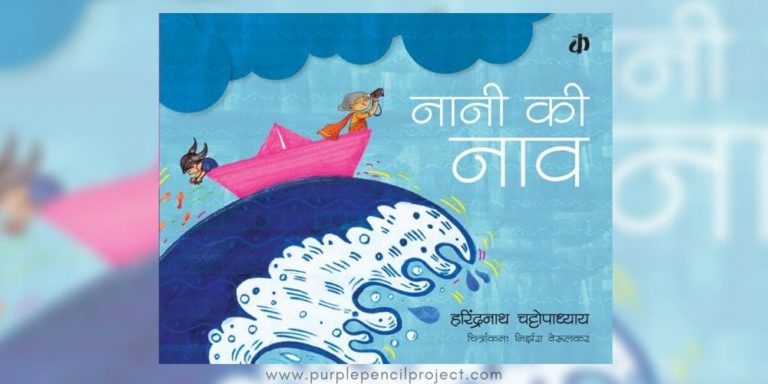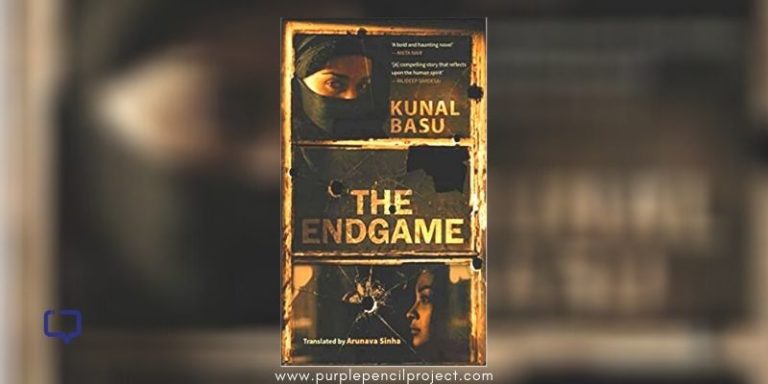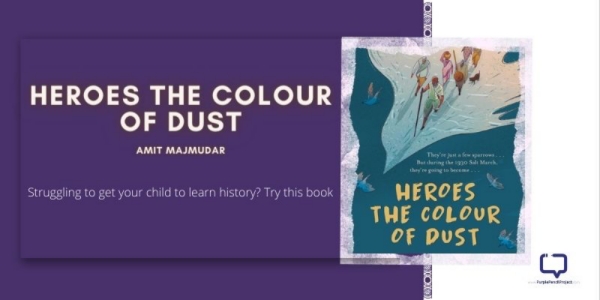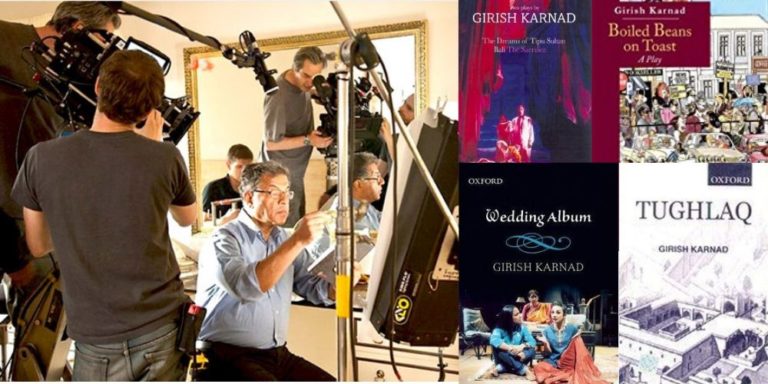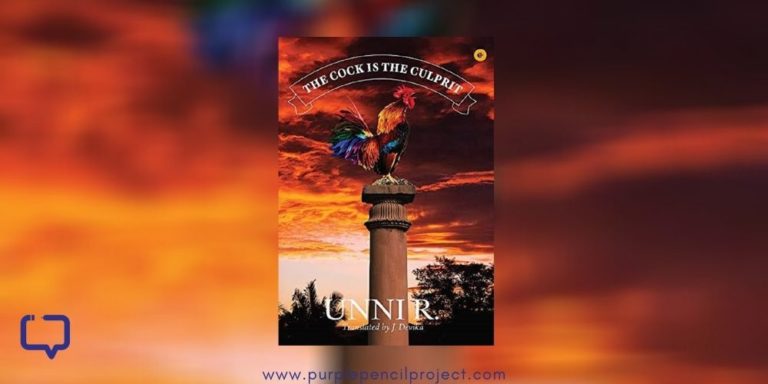On a bonfire night after a calamity that mostly scared and did not destroy, an elderly man sat next to me, and without provocation, began narrating the tales of his childhood that were a mix of passion and love, abandon and restraint, exuberance and melancholy. His honey-laced voice, a little raspy, waded with me through the story like one solves a maze. Starting off in one direction, only to find a dead end, and taking many routes with always one goal and one larger picture in mind. There is the soft glow of fire around us, a crackling of embers. Sometimes the sound of sea waves, sometimes a distant but controlled rumble. But us, in that moment, under the blanket of a story, are safe.
We encourage you to buy books from a local bookstore. If that is not possible, please use the links on the page and support us. Thank you.
Pakistani writer Mohsin Hamid’s Exit West, is at its heart, as all the stories of the world are, a love story. Of lovers, of a family, of strangers who find a brotherhood in each other. Saeed, of the soft-hearted, simple kind, and Nadia of the feisty, bike-riding, headstrong kind, come together in a city that is beginning to be affected by a political crisis, with the government and the militants at loggerheads.
For a long while, the two, along with Saeed’s parents, scurry for their life before deciding to exit the country, the act that gives the book its title, through the means of magical doors, reminiscent of entering Narnia, which gives the book its cover.
This is the first of many doors they will take, through “portals of complete blackness”, struggling to find a city they can call home. And under this distress, they will see that grief and hardship or ‘a descent into the abyss’ can bring strangers together and pull your close ones away from you and you can do nothing to stop that. The theme of shared grief, also explored in Clouds by Chandrahas Choudhury (with which the book also shares the theme of escape), is the most powerful takeaway from the book, highlighted with quotes like these:
When he prayed he touched his parents, who could not otherwise be touched, and he touched a feeling that we are all children who lose our parents, all of us, every man and woman and boy and girl, and we too will be lost by those who come after us and love us, and this loss unites humanity, unites every human being, the temporary nature our being-ness, and our shared sorrow…
Exit West will remind you of pain, loss, of disaster. When crisis comes, it strips society of all civilisation. Cell phones, rations, money in the bank, freedom of movement – this vanishing of everyday life will scare and you the reader, probably sitting in a comfortable home or travelling safely on a bus or in a car, will be forced to shut the book and look at your surroundings in a new light, or new darkness if you will. The temporary nature of the human world will reveal itself.
The writing in Exit West is lyrical without being indulgent and is sometimes staccato with sentences laden with ‘ands’ and ‘buts’. But it is this same style that also turns this book into a movie or a graphic novel in varying shades of black and grey, infusing it with a sense of motion and urgency with which our characters leave one life behind in the hope of another, always risking everything The tone of the book, like their lives, always borders on such extreme fear, that there is no other feeling but hope left.
Exit West is a fable, a newspaper report and a love story rolled into one, and worth every page and every word it occupies and deserves to be on the DSC Prize Shortlist.
Favourite Quote (get a tissue):
Neither much enjoyed catching unexpected glimpses of their former lover’s new existence online, so they distanced themselves from each other on social networks, and while they wished to look out for each other, and to keep tabs on each other, serving as an unsettling reminder of a life not lived, and also they grew less worried for the other, less worried that the other would need them to be happy, and eventually a month went by without any contact, and then a year and then a lifetime.
Recommended For: Everyone above 18. Read it, to re-sensitise over what may still be the ‘grief of others’.
Further Reading:
- Persepolis by Marjane Satrapi
- This piece on art and refugees
- Fire at Sea, a documentary “capturing life on the Italian island of Lampedusa, a frontline in the European migrant crisis.”
Author Image: By Ed Kashi, from mohsinhamid.com











